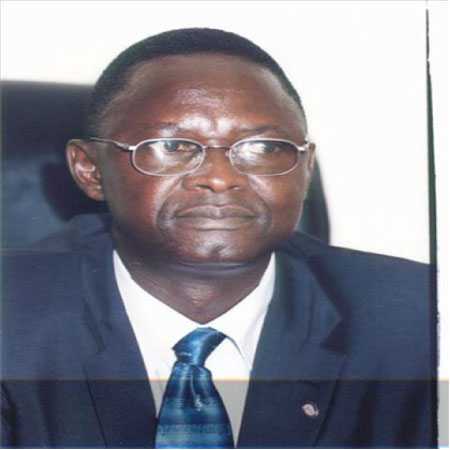
“I must reiterate that governments are accountable to their citizens for what they do and how they do it,” Mr Ceesay said recently at a workshop jointly organised and held at the Kairaba Beach Hotel in Senegambia by the ministries of Finance and Economic Affairs and Transport, Works and Infrastructure on the pronouncementof the 2015 Programme-Based Budget (PBB).
The PBB is a product of the country’s overall Public Finance Management Reforms (PFM) keenly and actively promoted and participated in by the European Union and the IMF.
PS Mod Ceesay, who delivered this statement on behalf of the minister of Finance, said: “Accountability and good governance means, in part, that the policies and plans that a government develops should reflect the priorities and needs of the people.
“It also means that government should provide an account of what it has done to implement those policies and plans together with the results of its efforts.”
It is against this backdrop, the Finance PS said, that they continued to strengthen government systems in general.
“We have worked to improve our budget system and also annually produce the Budget Framework Paper, which advises the Cabinet on the medium-term macro-fiscal targets and expenditure ceilings.”
He added: “It is behind these that Government seeks to introduce the Programme-Based Budget. This year, these ministries are piloted with the aim to set the benchmark for a ‘Big Bang’ in 2016.
Mr Ceesay said that they are mindful of the enormous task ahead of them, but are also “confident” of excellent results with their “dynamic team.”
PFM reforms are related to the review of laws, regulations and the creation of a budget system that ensures effectiveness and efficiency in the use of public resources, while PBB seeks to provide accurate budgetary information.
Mr Ceesay also said that access to budgetary information “is a precondition for citizens to understand how a government is using its entrusted powers to tax, borrow and spend public resources; become involved in informed public debate during the budget process; and “hold a government properly to account.”
He also said that reporting and explaining budget decisions and the state of the public finances in programme-based budgeting could help to “demystify” the budget beyond the often technically complex details in the budget documentation.
“Otherwise, the job is left to civil society or the media, who are not always adequately equipped,” he said.
Representing budgets in programme based format allows the government to explain in plain language the objectives of its budget, and to complement other supporting materials such as the budget speech, Mr Ceesay continued.
He added that PBB of MDAs provides a single guide where the public could learn about the main features of MDAs’ existence, and gain access to more detailed reference sources.
“It also helps citizens to assess the impact on their own circumstances and on specific groups in society (including the effects on the burden of taxation, service provision and employment prospects),” he said.
“These areas are important in ensuring that we deliver on our broader mandate of giving citizens access to uninterrupted public service and information.”



